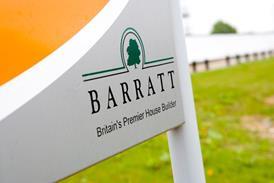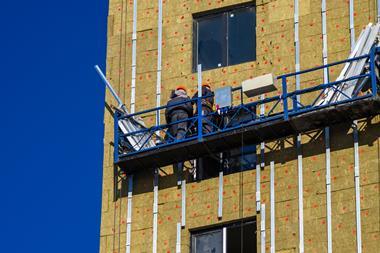Just before Christmas, while many of us were busy wrapping up both projects and presents, the government published updates to the Building Regulations.

We have been busy advising clients on the changes already, but it is clear that many were not aware of the updates because of when the revised documents were released.
From June, the sector will need to adhere to changes in Approved Documents F (ventilation) and L (conservation of fuel and power) for new and existing buildings, and a new Approved Document O (Overheating) for new residential buildings.
The changes to Part L are paving the way for the Future Homes Standard (FHS), which is predicted to be released in 2025. The FHS will require all new-build homes to be future-proofed with low-carbon heating and world-leading levels of energy efficiency. These standards will be a significant step forward in the energy performance of new dwellings, requiring all new buildings to be designed to energy-efficiency levels approaching a Passivhaus standard. All new homes will be ‘zero carbon ready’ and properly equipped for the decarbonisation of the energy grid.
While the changes in the interim Part L1 2021 document are an improvement on the current Part L 2013 regulations – bringing the rest of England and Wales up to the standards the Greater London Authority has used in its London Plan since 2012 – the step up to the FHS is significant and should not be underestimated.
The changes in the interim document could have gone much further to help bridge the gap.
The notional dwelling in Part L1 2021 (the building used to compare energy performance against the proposed building) still uses a gas boiler. The government could have introduced a heat pump here, if it wanted to push for cleaner energy adaption.
Those who have applied for building permits prior to June 2022 will not need to comply with the new regulations, provided work starts on site before June 2023, but it is worth taking a long-term view. Taking the opportunity to look beyond Part L1 2021 to the changes coming in the FHS in 2025 will pay dividends in the long run.
Wayne Early is associate director (building services) at Buro Happold






























No comments yet